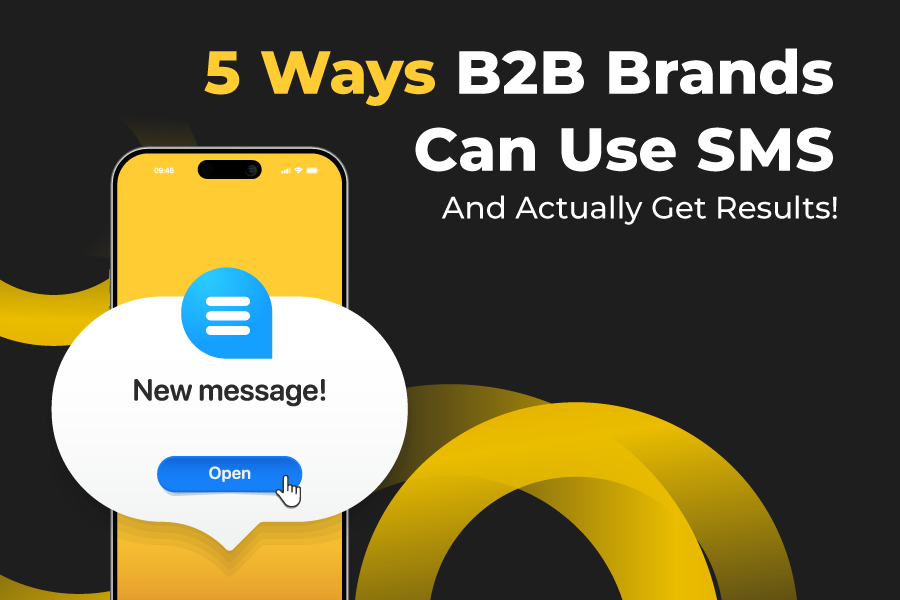Dog Blog 54.0 – New Year’s Resolution – Beef Up (Your Security)!
We may be into the second month of the new year, but it’s not too late to create some resolutions that have a great effect on your life – both personally and business-wise.
As for us, we’ve decided to focus on our personal cyber security. This is an issue that applies to us every single day, but unfortunately, most people don’t take the proper steps to securing a safe digital profile. [Side note – just today, one of the YellowDog’s personal online shopping accounts was hacked, resulting in the purchase of an unwanted Intel Core i-5 Processor!] While your business’s accounts may be fully secured, it’s easy to neglect the safety of your personal data. This is why your #1 resolution in 2019 should be to Keep Your Personal Data Safe!
Why it’s Important to Secure Your Data
Cyber attacks don’t discriminate. Whether you’re running a large tech company or you’re just a person with a few social media accounts, you run the risk of getting hacked. Some factors raise your chances even higher, including:
- Your level of wealth/celebrity
- Your number of connected devices
- If you have domestic employees
- If you run a small business
While it may seem that a simple solution to avoiding security breaches would be to not store your credit card information online, hackers these days are trying to ruin your life in so many other unfortunate ways! Other than stealing your credit card or bank information, take a look at some of the damage hackers can perform:
- Ruining your credit
- Requesting new PIN numbers or additional credit cards
- Making unauthorized purchases
- Adding themselves as an alias to your accounts so they can use your credit
- Obtaining cash advances
- Using your Social Security number
- Selling your information to third parties
- Exploiting consumer data
- Accessing your social media accounts
- Accessing both personal and corporate emails
- Stealing infrastructure
These are just some of the scary scenarios, and hackers are coming up with sneaky new tactics every day. We’re pretty sure you don’t want any of these attacks to happen to you, so read on to discover how to protect yourself! While we understand that you probably don’t have the time or resources to perform high-level security measures such as data encryption, we can recommend 5 basic areas you’ll want to look into beefing up:
1 – Passwords
Using the same password across different websites is basically the worst thing you can do (don’t worry, we are guilty of it, too). If a hacker discovers your password on one website, they can easily use that same password to access your other accounts. Here’s how to protect yourself:
- Use different passwords across all of your accounts (we know this is a pain, but it is worth it!) You can manage the passwords with a cloud password manager such as LastPass or 1Password to make it a little easier on yourself.
- Create passwords that are 16+ characters, including numbers, letters, lowercase, uppercase, and other characters.
- Change your passwords at least once a year.
- Utilize 2-factor authentication for all sites that offer it (this usually requires an SMS message or code from your phone when logging in from an unknown device).
- Create a list of every place you have passwords to secure, including phone apps, passwords saved on Chrome, Paypal, Ebay, Amazon, Spotify, LinkedIn, Instagram…EVERYTHING.
- As we mentioned above, a password manager can manage your dozens (or maybe even hundreds) of passwords and even create the passwords for you. You can even use this to run a security challenge through your passwords and delete any accounts you no longer use.
2 – Email
Free email sites (such as Gmail) are convenient and easy to use, but they are also susceptible to hacking. Here’s how to protect yourself:
- Look into paid email services and encryption – this is a tricky (yet effective) process. We recommend taking some time to look into these services, it is too in-depth to explain in this article!
- Delete emails that are older than 1 year; important documents should be stored elsewhere.
- Delete any sensitive information you send or receive (credit card numbers, Social Security numbers, etc.) – or better yet, just don’t send that type of information via email.
3 – Phone
Your phone is basically housing a treasure trove of personal information that’s just waiting for a hacker to access. Here’s how to protect yourself:
- Set a strong passcode (see “Passwords” section above).
- Turn off all location services or select a few scenarios where you would like to use location services. Your location information can leak your home or work address and share this information with thieves, so beware of when you have the services turned on. Most apps are fine to use location services “while you’re using the app,” so make sure you update that selection under your settings.
- Set your phone to delete texts after a certain time. Most phones keep messages forever, which is not only unnecessary, but also provides a huge amount of information to attackers who access your data.
4 – Social
Chances are, you or someone you know has had a social media account hacked in the past year or so. It’s a common occurrence, but unfortunately, when you make the choice to utilize a social media account, you’re also making yourself susceptible to an attack. While the simplest way to avoid the problem would be to get rid of all social media, that’s not really a popular choice these days. We know you don’t want to leave your life in fear (or isolation!), so here are some steps to secure your social accounts. Here’s how to protect yourself:
- Again, we can’t stress the importance of a strong password that doesn’t include anything personal to you (like your dog’s name, your hometown, your kids’ names, etc.)
- Don’t post information about your schedule or routine (or when you’re going out of town).
- Always select the highest level of privacy available. For example, on Facebook, you can make sure your profile is only seen by people you’ve pre-approved (we definitely do not recommend creating a public personal account).
- Check your privacy settings regularly, as they are constantly changing.
- Check your emails for suspicious logins. On that note, create a unique email for your social media accounts, so hackers can’t access your other valuable information.
- Enable two-factor authentication.
- Sites such as Facebook offer detailed information on how to change your security settings – we recommend taking a few minutes and looking into this and tailoring your security to meet your needs.
5 – Small Business Owners
You might own a small business, but we guarantee you have big data out there! Besides your company’s data and financials, you probably also host your clients’ data and financials, their website credentials, domain name access, and so much more. This can leave you liable if a security breach were to occur. In order to avoid severe repercussions, it is essential that you protect both you and your clients for potential breaches. At YellowDog, we’ve created a service called YellowDog Safe, which performs daily maintenance checks on your website or any websites that you host. You can find more information by visiting yellowdogsafe.com





